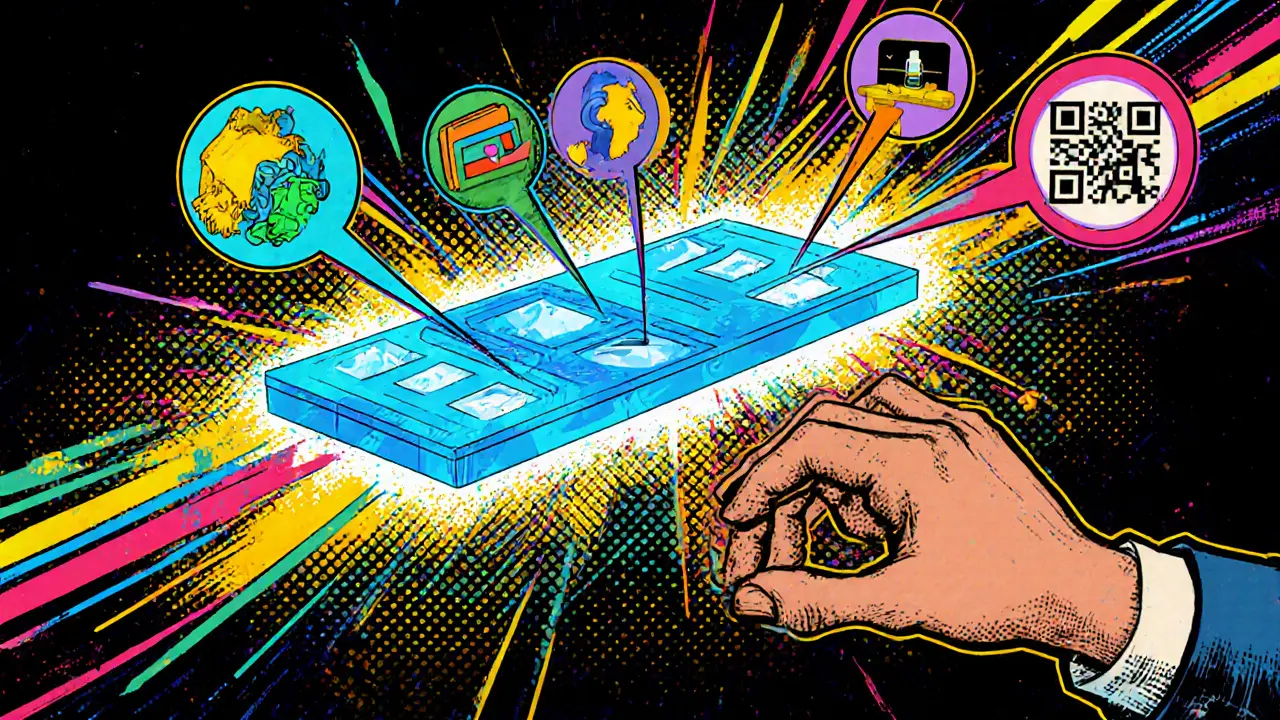Smart Contract Donations: How Blockchain Makes Giving Transparent and Trustless
When you donate through a smart contract donation, an automated, self-executing program on a blockchain that releases funds only when preset conditions are met. Also known as trustless giving, it removes banks, charities, and intermediaries from the process. No one can alter the rules after the contract goes live. No one can steal the funds mid-transfer. And every dollar moved is recorded forever on a public ledger.
This isn’t theory—it’s already happening. People in war zones receive aid through crypto wallets tied to smart contracts that unlock only when humanitarian workers scan a QR code. Donors in the U.S. fund clean water projects in Africa with tokens that auto-distribute based on satellite data showing well functionality. Even artists raise money for medical bills using Ethereum-based contracts that return unused funds to backers if the goal isn’t met. These aren’t gimmicks. They’re functional systems built on blockchain donations, the use of distributed ledgers to track and enforce charitable transfers without central control. And they’re growing because people are tired of seeing 30% of their donations vanish into admin fees or mismanagement.
What makes smart contract donations different from regular crypto gifts? It’s the automation. A regular crypto donation is just sending ETH to an address. A smart contract donation says: "Send 10 ETH. If 500 people match this by Friday, release the funds to the clinic. If not, return everything." That’s the power of decentralized giving, a system where control and verification are spread across a network of computers instead of a single organization. It’s not just about money—it’s about accountability. You don’t have to trust a charity. You trust the code. And if the code is open-source, anyone can check it.
There are risks, of course. Bad code can freeze funds. Scammers copy legitimate contracts to trick users. That’s why you always check the contract address against verified sources. But when done right, this system flips charity on its head. Instead of begging for trust, it proves it. And that’s why the most effective crypto fundraisers today aren’t the ones with the biggest social media followings—they’re the ones with the clearest, audited smart contracts.
Below, you’ll find real examples of how smart contract donations are being used—from DeFi protocols that auto-donate a portion of fees to nonprofits, to community-driven campaigns that use Ethereum and Arbitrum to fund local projects with zero overhead. You’ll also see how some projects mix these tools with governance tokens like GRAIL or EDGE to let donors vote on where funds go next. This isn’t the future of giving. It’s the present. And if you’ve ever wondered if your crypto could do more than just sit in a wallet, this is where it starts.

How to Track Charity Funds with Blockchain for Total Transparency
Blockchain lets you track every dollar you give to charity in real time, from donation to impact. See how it works, which platforms to use, and why transparency is transforming philanthropy.
November 2 2025